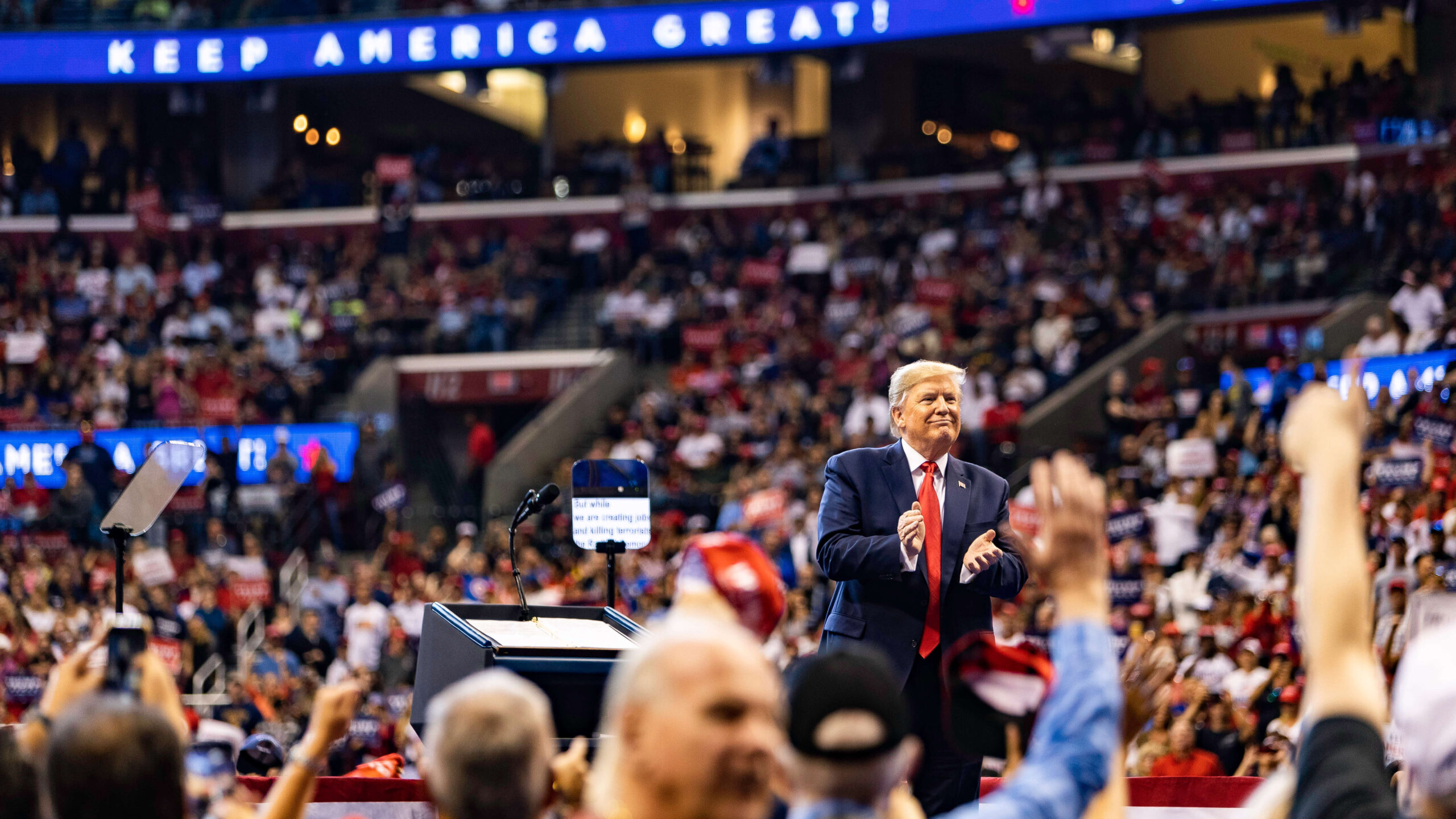In the latest slurry of policies to improve supposed efficiency, the Trump administration has announced it will abandon a rule ushered in by former President Biden to tackle money laundering and shell company formation.
The US Treasury Department revealed on Sunday that it would not enforce penalties now or in the future if companies fail to register to the agency’s beneficial ownership information database, created in the Biden era.
Created in 2022, this database was made to hold the personal information of owners of at least 32 million US businesses with fewer than 20 employees. Small businesses are targeted especially as shell companies, often used to hide illegal assets, tend to have fewer employees.
The burden on small business owners is minuscule at around $85 per business, but in return would help law enforcement officials to combat shell companies with illicit finances and track down money launderers and other criminals.
In January 2024, more than 100,000 businesses had filed beneficial ownership information with Treasury.
However, Mr Trump decried the initiative as disastrous for small businesses and removed its enforcement. Anti-money laundering advocacy groups raised the alarm about the abrupt move.
“With one tweet, the Administration has contradicted fifteen years of bipartisan work by Congress to end the scourge of anonymous shell companies – which are a favourite tool of our nation’s global adversaries and criminals including fentanyl traffickers, money launderers, and tax cheats,” Ian Gary, executive director of the FACT Coalition, an advocacy group for transparency in government and business, argued.
With less checks and balances in place for financial accountability, does this mean the US in heading towards greylisting?
The politics of grey-listing: The case of Malta
Malta was slapped onto the grey list for a year in June 2021, following years of international criticism of Maltese policymaking, including the decision to sell Maltese citizenship and mass impunity of top governmental officials suspected of corrupt behaviour.
Before getting a clean bill of health the following June, the island was tasked with a long list of changes to combat tax evasion, which included collecting data on ultimate beneficial ownership and the way it shares information with local and international authorities, similar to what was introduced by the Biden administration in 2022.
Evidently, allowing an Iranian national to open up a bank (Pilatus Bank) while under investigation for money laundering and allowing hundreds of millions in illicit funds diverted from the sanctioned Venezuelan state oil company through both Pilatus Bank and Satabank, was not the brightest of ideas.
However, it is naive to think that the Financial Action Task Force, the intergovernmental money laundering watch dog, is detached from political considerations. It would be a daring feat for other members of the FATF to try hold the Western power accountable in a game it plays.
Back in 2019, Tom Keatinge, director of the Centre for Financial Crime and Security Studies at the Royal United Services Institute, which touts itself as “the world’s oldest and the UK’s leading defence and security think tank”, questioned the objectiveness of the FATF’s decision, pointing out that members “have yet to ‘name-and-shame’ one of their own, despite the revelation of significant shortcomings in certain states such as Denmark”.
“Why would members vote to grey-list others,” he asked in a Financial Times op-ed, “when they themselves know that at some stage the tables will be turned?”
In fact, in 2021 Pakistan openly stated after its grey-listing was prolonged despite all tasks completed, that India, a political opponent, played a clear hand in it.
Pakistani officials claimed the statement confirmed what they had been saying all along: “India actively politicises and undermines the technical processes and spirit of FATF”, criticising the move for denting the FATF’s credibility.
Charles Cassar, an anti-financial crime consultant with Shoulder Compliance, tells BusinessNow.mt that the move by the US was a “capitulation to powerful and frankly sinister interests”.
“In principle, I am onboard with a regulatory simplification agenda. But what’s going on in the United States isn’t merely regulatory simplification, but capitulation to powerful and frankly sinister interests. We’ve now learned that the USA intends to suspend enforcement with respect to rules around the disclosure of company ownership.
“Let’s get this straight. Doing business through companies grants entrepreneurs the protection of limited liability. This is an extraordinary privilege.But society should command that a reasonable price be paid for such an extraordinary exception. And that price is transparency.”
Now that the US has stripped itself of these checks, the question remains as to whether it will be scrutinised by the rules it dishes out on the global political scene, although history tells us otherwise.
Featured Image:
Donald Trump / donaldjtrump.com
db Foundation raises €8,419 for Karl Vella Foundation with MasterChef Malta Charity Dinner
These events form part of the db Foundation's ongoing commitment to supporting vulnerable members of society through impactful initiatives
Residential property prices rise by 5.7% in first quarter of 2025
The new figures show continued growth in Malta’s property sector
Youth4Entrepreneurship Gozo 2025: Youth invited to propose innovative digital solutions
The initiative aims to empower youth to become active contributors to Gozo’s development by addressing local challenges






